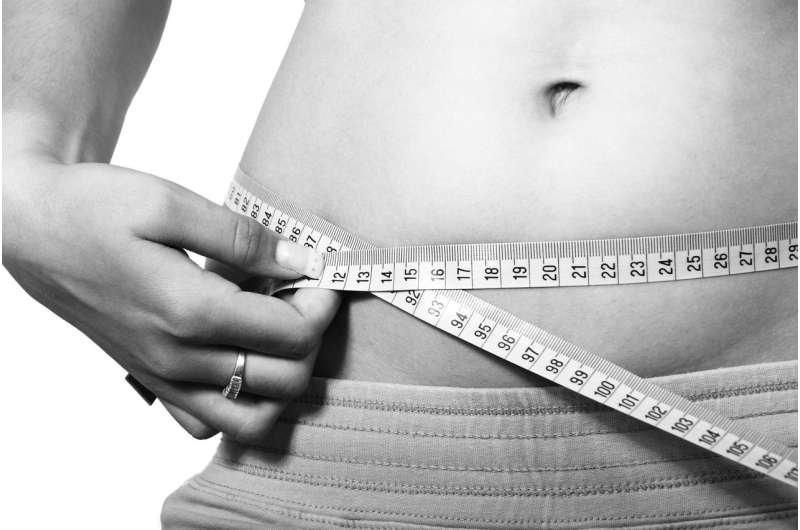Study links eating disorders with body dysmorphia

People with eating disorders are 12 times more likely to be preoccupied with perceived flaws in their physical appearance than those without, according to new research published in the journal Eating and Weight Disorders.
Researchers from Anglia Ruskin University (ARU) surveyed more than 1,600 health club members recruited via social media. They found the number of people with body dysmorphic disorder—a mental condition marked by obsession with perceived flaws in appearance which are not noticed by others—was 12 times higher among people with suspected eating disorders.
Around 30% of participants had indicated eating disorders, and the researchers noted that 76% of those people also suffered from body dysmorphia.
The paper also found no significant associations between body dysmorphia, sexuality and social media use, although there was association with gender, with women being more likely to show symptoms of body dysmorphia.
Lead author Mike Trott, Ph.D. researcher in Sports Science at ARU, said: "Body dysmorphia can result in anxiety, stress and reduced quality of life. While sufferers of eating disorders, such as anorexia and bulimia nervosa, share similar traits to those with body dysmorphia, research into any correlation between the two is sparse.
"Healthcare professionals working with people with body dysmorphia should screen them for eating disorders regularly, as this research shows a strong correlation between the two."
More information: Mike Trott et al, Prevalence and correlates of body dysmorphic disorder in health club users in the presence vs absence of eating disorder symptomology, Eating and Weight Disorders - Studies on Anorexia, Bulimia and Obesity (2020). DOI: 10.1007/s40519-020-01018-y



















